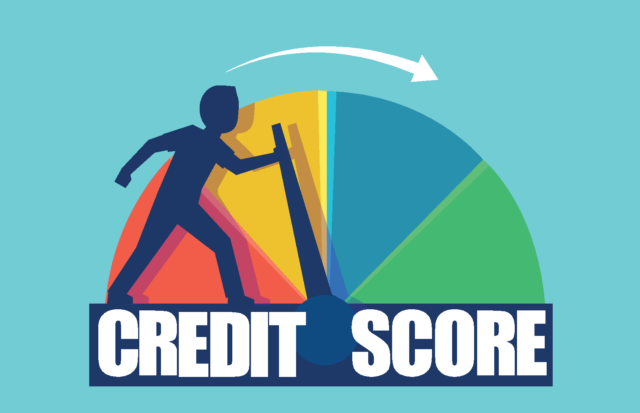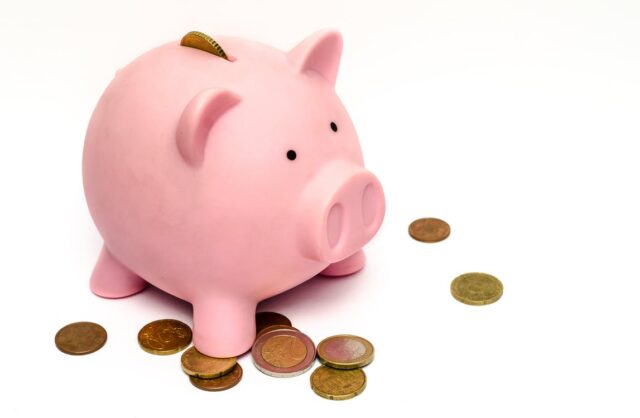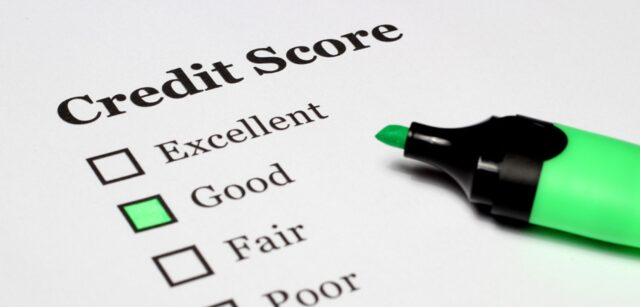
Being unemployed is tough. Money is tight and may not even be enough to cover all your bills and expenses. Unemployment aids can give you leeway, but these do not last long. Social security, retirement benefits, alimony, and child support may be considered as your income for the moment. Although you have done your best to stick to your budget, you still struggle to make ends meet.
Loans serve as a sensible recourse for your troubles. But, with lenders looking into stable income as a qualifier, obtaining one can be challenging. The good news is, there are other factors that creditors look into, especially with unemployment loans. Therefore, a good credit score may be your best advantage to getting one.
Credit Score and Unemployment

Perhaps the first thing one thinks of when considering a loan while unemployed is its impact on your credit score. Credit scores are often included in a credit report, along with identifying data, account history, and public records. The report also includes names of your previous employers as a way for lenders to crosscheck information regarding your identity. But, unemployment in itself is not included in your credit report. However, the latter contain your credit score, an important detail regarding your financial status.
A credit score is a number that provides potential lenders an insight regarding your character as a borrower. It has five components: payment history amounts owed, length of credit history, credit mix, and new credit. Payment history refers to your past payments while the amount owed is a total of your combined credits and loans against your total credit limit. New credit pertains to how often you open up new lines of credit, while credit mix is a compound of all the credit cards you own, loan installments, mortgages, and others.
The well-known FICO credit scoring system puts significant weight on payment history and amounts owed at 35 and 30 percent respectively, 15% to the length of credit history and the remaining percentages for new credit and credit mix. Once tallied, credit scores range from 300 to 850 with corresponding descriptions for each range: very poor (300-579), fair (580-669), good (670-739), very good (740-799), and excellent (800-850).
Unemployment means that your major source of income is cut off. While it has no direct effect, it can lower your credit score once you start missing out on payments. Non-payment can negatively impact two significant factors of your credit score: amounts owed and payment history. Without a definite source of income, your credit increases towards your maximum, bringing the total amount owed higher. Not paying bills on time can also diminish your credit score and may also result in additional charges for late payment and interests.
A Good Credit Score

Lenders consider 700 as a good credit score to take out a loan. Being in the good credit score range ensures creditors that you have a reputable history of prompt payments and that your credit utilization ratio (credit card debt versus total available credit) is decent. In case you fall short of several points, there are lenders who are willing to lend you with a credit score as low as 680.
Credit scores have an impact on the kind of loans you can take, with higher credit scores giving you lower interest rates and better options. But, poor to very poor scores can indicate that you can miss out on payments, which may spell difficulty in obtaining a loan.
A good credit score puts you in a position where you can choose from a variety of loans while unemployed. In contrast to lower scores with no stable source of income, lenders do not consider shelling out the amount for those who have lower scores as their risks for defaulting on payments are higher. A score in the range of 680 and above can ensure you competitive interest rates and amenable payment terms such as those offered by reputable lending companies like icash.ca.
Available Loans for the Unemployed

A good credit score can be a definite advantage in seeking out a loan, and there are several options that can help tide you over. You can consider an unsecured personal loan with a fixed interest rate and fixed monthly payments, set up a property for collateral for a secured loan, or take out a line of credit instead. Note that there is a risk in setting up a property for collateral as it may be repossessed by the lender in case you default. You might consider opening a line of credit instead as this allows you to borrow money and repay what you used. But, whatever you choose, it is best that you carefully consider which unemployment loan is most suitable for you and to consider not just the payment of immediate needs, but its long-term effect on your finances.
Regardless of the type of personal loan or line of credit you take, make sure that you have sufficient resources to repay the loan on time. You may need to enforce a stricter budget and cut down on several expenses just to make sure that you are up-to-date on your loan repayments. Be reminded that your credit history can be negatively affected when you miss out on payments, and this could hurt your credit score in the long run.
Hope for the Unemployed

A good credit standing provides creditors with a favorable assessment of your standing as a borrower. It puts you in a position where you have the liberty of choosing between several types of loans that can give you amenable rates and interests. Writing up personal loans is the most common recourse for unemployment. but there are also equity loans and lines of credit that you can consider.
It is also best to look for additional sources of income to augment the one that you lost. Side jobs or freelance work can qualify as income. With some budget adjustments, you can pay for your loans on time and maybe even have some to spare.












